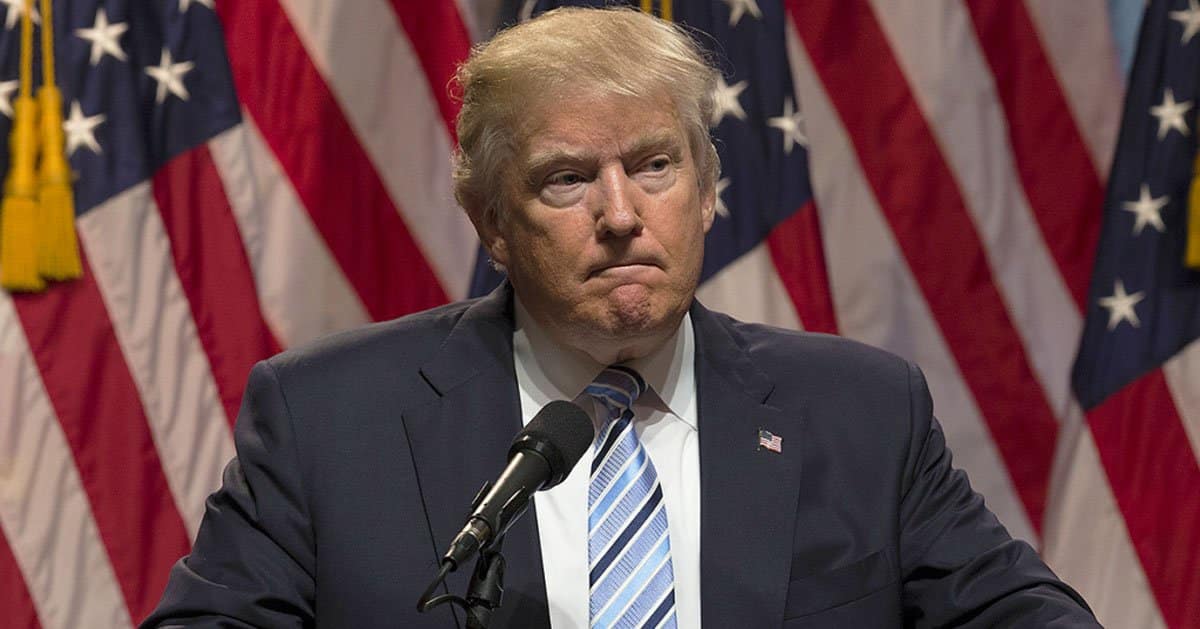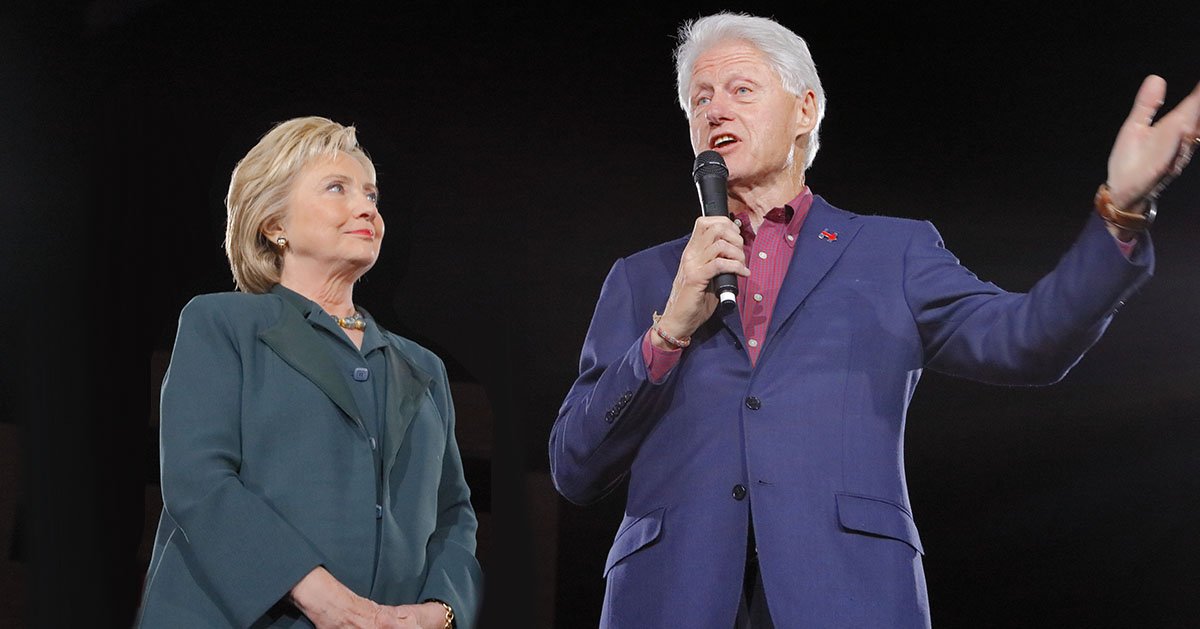








Kamala Harris’s late-night TV appearance has sparked conservative criticism for showcasing the Democratic Party’s tone-deaf priorities.
Alyssa Farah Griffin, a conservative who backed Harris in the 2024 election, called the vice president’s interview on “The Late Show with Stephen Colbert” a snapshot of Democratic missteps, pointing to Harris’s focus on a “broken system” while promoting a book about her failed campaign.
The New York Post reported that Griffin, speaking on CNN’s “Table for Five,” suggested Harris’s decision to appear on Colbert’s show was akin to “announcing your exploratory committee on the sinking deck of the Titanic.”
Her witty jab underscores a broader conservative critique: Democrats are out of touch with voters’ real concerns. Harris’ musings about democracy felt hollow to many who prioritize kitchen-table issues.
Harris told Colbert she believes the political system is “broken” and signaled she’d rather work outside it. This claim drew sharp pushback from CNN data analyst Harry Enten, who questioned her sincerity. A lifelong politician suddenly rejecting the system smells more like opportunism than conviction.
“I just can’t possibly believe” Harris truly wants to abandon the system, Enten said, noting her decades as attorney general, senator, and vice president.
His blunt dismissal resonates with conservatives who see Harris’ pivot as a calculated move to dodge accountability. The system she calls broken is the one that elevated her career.
Harris also used the interview to announce her upcoming book, “107 Days,” set for release in September, which will detail her brief 2024 presidential campaign.
Conservatives see this as a tone-deaf cash grab, prioritizing self-promotion over addressing voters’ economic struggles. A book deal feels like an odd flex when trust in leadership is shaky.
CBS announced in July that “The Late Show with Stephen Colbert” would end after its next broadcast season, citing financial losses. The show, filmed in the costly Ed Sullivan Theater, was bleeding $40 million annually. Griffin highlighted this economic reality, arguing Democrats overplayed the cancellation as an attack on free speech.
“He was losing $40 million a year,” Griffin said, pointing out the impracticality of Colbert’s high-cost production. Her comment cuts through the left’s narrative that the cancellation was purely political. Conservatives argue networks can’t afford to subsidize preaching to a shrinking choir.
Some of Colbert’s liberal allies claimed the cancellation stemmed from his criticism of CBS’ parent company, Paramount, for settling with President Trump. This theory fuels progressive outrage but ignores the cold math of a struggling network. Blaming politics over profit strikes conservatives as another example of Democratic denialism.
Griffin’s critique of Harris’s appearance centers on its disconnect from everyday Americans. Network television’s declining viewership, as she noted, isn’t where voters are engaging. Conservatives argue Democrats waste time on elite platforms instead of addressing rising costs or border security.
Harris’s book announcement further underscores this gap. “I believe there’s value in sharing what I saw,” she said, but conservatives question who benefits from her reflections. A memoir feels like navel-gazing when families are grappling with inflation and uncertainty.
Enten’s analysis added fuel, suggesting Harris’ “outside the system” rhetoric is a response to weak polling for a potential California gubernatorial run.
Her decision to skip that race, announced Thursday, hints at a politician reading the room and finding it chilly. Conservatives see this as evidence of her fading political capital.
Griffin’s Titanic metaphor captures a sinking Democratic brand, clinging to outdated strategies. Harris’ focus on abstract issues like democracy over practical solutions mirrors a party struggling to connect. Conservatives argue this obsession with narrative over substance has cost them dearly.
Enten’s quip that Harris would be the weakest Democratic front-runner since 1992 stings because it’s grounded in data. “She knows what’s cooking,” he said, implying her outsider pose is a hedge against dismal prospects. Conservatives nod, seeing a party more focused on optics than policy.



